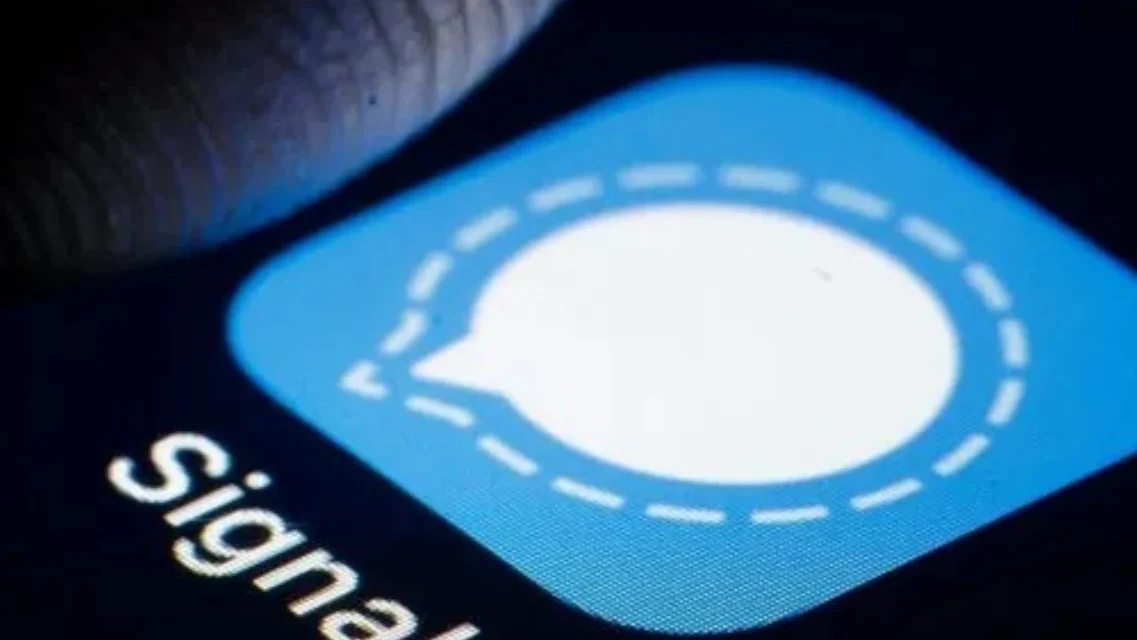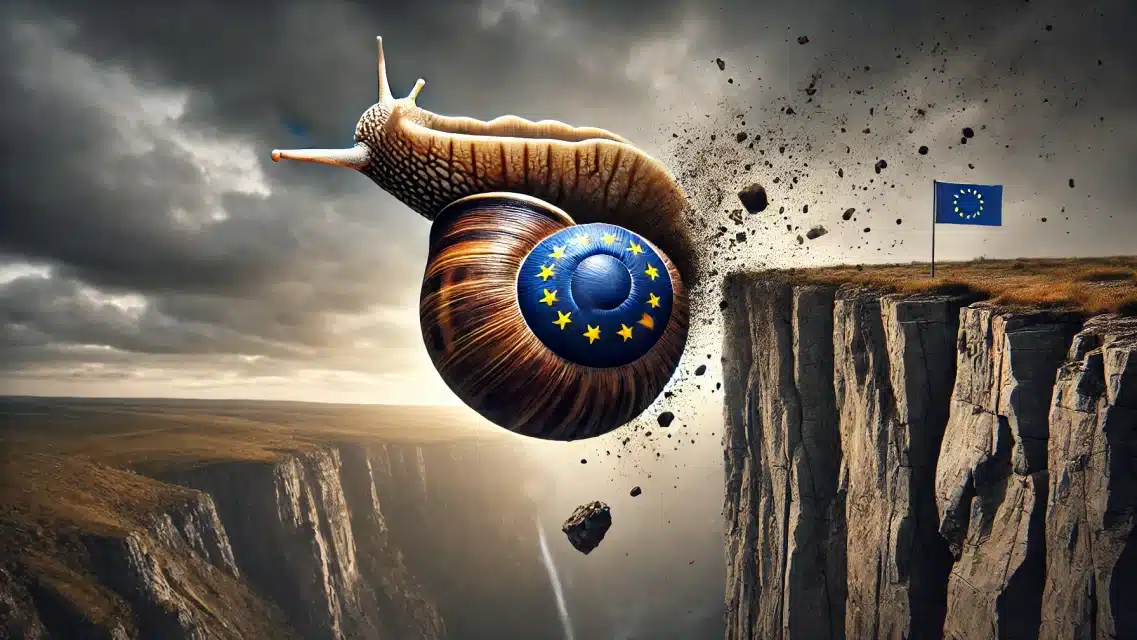If you ever followed my writing, you should already know that I was always vocal about privacy and security. Maybe too vocal, maybe too early. Maybe too cynical for a world that worships convenience with the blind zeal of a cultist. And now, while the world stands slack-jawed in awe at the fireworks exploding out of SignalGate—that glorious phrase, that beautiful catastrophe—I find myself not merely angry, not even disappointed. I find myself haunted by the wrongness of the question we're all asking.
Because this whole mess didn't happen because of some zero-day exploit or nation-state cyber wizardry. No. It happened because someone, somewhere, a human being—breathed in, blinked, and added a goddamned journalist to a Signal group chat meant for national security discussions. About a strike. On Yemen.
The encryption was flawless. The protocols were in place. The system was sound. But the humans? Oh, the humans were soft, squishy liabilities. Idiots with thumbs and access. That's what breaks security—not code, not mathematics, not adversaries with billion-dollar budgets. Just someone who doesn't check who they added to the chat.
And I keep circling this singular question like a vulture on a battlefield: why the hell are people in sensitive positions using insensitive communication practices?
Why, in an age of open-source end-to-end encryption, did the Pentagon not build their own fork of Signal—or better, just adopt it wholesale and deploy it within secure infrastructure, under governance, under audit, under control?
Why didn't Elon take five minutes from tweeting memes and instruct Grok to include a basic permission layer—"only authorised users can join this conversation"? Hell, an open GitHub issue and a few hundred lines of code could've done the job.
But no. Instead, someone's assistant, or someone's friend-of-friend, casually dragged the editor-in-chief of The Atlantic into a group where government officials were discussing lethal military operations. You cannot parody this level of dysfunction. You cannot satirise it, because reality already did a better job.
Here's the brutal truth: you can have perfect encryption. You can build walls ten feet thick and electrify them with the fury of a thousand suns. But if someone leaves the door open, or hands a key to a stranger, it's all for nothing. Security is not a product. It is not an app you download. It is a discipline. A way of thinking. A culture. And right now, that culture is rotten with convenience and carelessness.
Government already has the infrastructure. PKI. Certificate chains. CAC cards. These aren't bleeding-edge ideas. They're table stakes. You want to send a secure message? Fine. You sign it with your key.
The system verifies it. You encrypt your message individually for every recipient using their own public key, and only they can decrypt it. Beautiful. Bulletproof. But only if you're sending it to the right people.
Which brings us back to the SignalGate farce. The U.S. government chose to rely on an app that cannot prevent unauthorised users from being added to a chat. That's not a bug. That's not a vulnerability. That's a philosophical failure. A fundamental ignorance of the real threat: the human in the loop.
You know what a real system should do? It should detect that someone is trying to add an unauthorised person. It should reject it, or flag it, or throw it in the trash. It should interrogate every action with the cold logic of paranoia. Who are you? Who vouched for you? Why are you here?
But Signal? It's built for the masses. For people who want encryption without the burden of thinking. It's a fine tool for whispering secrets to your lover. It's not meant to carry the burden of statecraft. And CISA—our own cyber watchdog—recommended this app to government agencies. Let that sink in. They put their imprimatur on a tool with zero centralised oversight, no internal governance, and no ability to enforce identity or trust. They bet the safety of the nation on the hope that no one in the group chat would screw up.
Hope is not a security strategy
This isn't about Trump. This isn't about Biden. This is about a cultural rot that infects our institutions. We allowed convenience to become policy. We allowed "good enough" to become doctrine. We handed out encryption like candy and forgot to teach the adults not to text the damn press.
We don't yet know if this was an honest mistake or a Trojan horse dressed as incompetence. But we do know this: it was inevitable. The system had no guardrails. No brakes. No defence against stupidity.
Every person who had a hand in the decision to treat Signal as sufficient for sensitive government use should be named, shamed, and permanently banned from ever working in security again. This was not a "learning experience". This was failure, and failure—especially in matters of state—must come with consequences.
No data may have been classified. No bomb may have dropped prematurely. But the damage is done. Now every adversary knows that all it takes to breach U.S. security is a group chat and a little social engineering. And every American knows that our own institutions have treated security not as sacred, but as optional.
We deserve better—not just in infrastructure or policy, but in the raw mental discipline of those we trust with power. This wasn't a software problem. This was a human failure in its purest form.
I want to know why no one stood up in that room, in that agency, in that meeting, and said: "What happens when someone gets added by accident?" I want to know why that question wasn't the first thing tested, the first thing fixed. I want to know why we still treat human error as some quirky inevitability instead of what it truly is—a loaded gun pressed against the temple of trust.
This is about a dangerous comfort with fragility. A willingness to accept "secure enough" from the very people whose only job is to demand more.
There is no fix that can patch this cultural defect. It must be uprooted. Rewritten. A new kind of rigour must be born, one that holds stupidity accountable—not with memos, but with consequences. You don't secure the world by encrypting it. You secure the world by refusing to let clowns hold the keys.




I cannot understand why a government would even be allowed to have this stuff on their phone, let alone use it for secret comms…